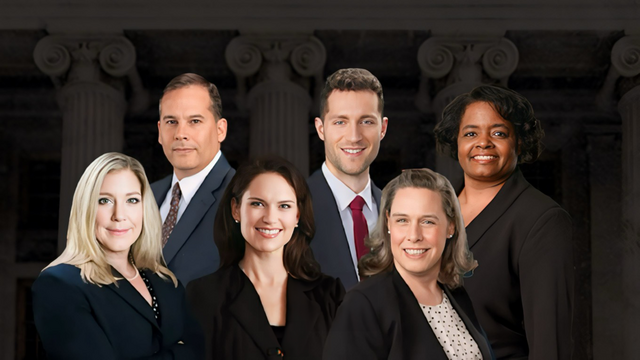Severity of Manassas Drug Possession Charges
Drug possession is a serious charge in Manassas. A possession charge can be either a misdemeanor or a felony. Both of them are taken very seriously by prosecutors in Prince William County. As a result, there can be damaging results to one’s record, which can subsequently influence one’s education, career, and more. To protect yourself against these potential damages, speak with a Manassas drug lawyer as soon as possible and begin crafting a defense.
Factors That Influence Severity of Charge
If we are talking about simple possession, the only factor that impacts the seriousness of the charge is the type of substance the police allege you illegally possessed. Drugs are broken down into various schedules which rank the drugs based on how powerful and/or addictive they might be. The most serious drugs which most people know of such as heroine or PCP are classified in Schedule I, and possession of either Schedule I or Schedule II substances is considered a felony. Possession of anything below that is considered a misdemeanor.
Priority of Drug Possession Charges for Manassas Police
Local Manassas police officers absolutely treat drug possession charges as a priority. They attack the problem of drugs both on the possession side and the distribution side with equal vigor.
Some of the most commonly-charged type of possession is possession of marijuana, because it is the most prevalent drug used in society. But the kind of drug that is probably the most targeted is heroin, because heroin can really do nasty things to a person, both in the short-term and long-term, and it is incredibly addictive. Also, heroin is unfortunately making a comeback, in terms of frequency of use and widespread use and abuse. As a result of these negative effects of heroin, Manassas law enforcement officials are specifically and especially targeting heroin possession.
What Mistakes Should You Avoid To Keep Your Situation From Getting Worse?
From a client’s perspective, the biggest mistake that most people make is talking to the police after being confronted about alleged illegal activity. In most cases when the drugs are not found immediately on the person, for example if the person was a passenger in a vehicle and the drugs are found in the vehicle, the police ask, “Did you know this was there? Did you know what it was?” The best practice there is just simply not to answer.
This does not mean you lie to the police, it just means you have a Constitutional right to remain silent. That is the biggest mistake, because if the evidence that you were in possession of an illegal substance is not that strong, all the police have to do to strengthen their case is ask you a few simple questions. If you answer, you usually provide the police evidence that will incriminate you.
Diversion or Alternative-Sentence Programs for These Charges
There are certainly diversion and/or alternative-sentencing programs, and the people who are charged for the very first time with possession, even if it is a substance that rates a felony charge, will be eligible to take this diversion program. Their eligibility generally rests upon whether or not they have ever been charged or convicted of this crime before. Other factors might impact the government’s recommendation to dispose of the case this way, but in terms of eligibility, generally just having a clean drug record is enough.
The program is outlined in Virginia Code 18.2-251 and it is commonly referred to as the 251 disposition. The 251 disposition states that the person shall plead guilty or no contest. However, if the facts are sufficient for a finding of guilt, then the case would be continued without the actual finding of guilt for a period of time. How long that case is continued depends upon myriad factors, including whether it is a felony or a misdemeanor. But during the continuance period, the person will be on probation and have to complete a drug evaluation and follow the court’s treatment recommendations. They may also have to take a drug education class, perform some community service, and lose their license for a period of six months.
Losing one’s driver’s license is somewhat buffered by eligibility for a restricted license. If the person completes everything including paying all their court costs, completing their community service, completing a drug evaluation and program, and also commits no further violations of law during the continuance period, then the case ultimately would be dismissed.




